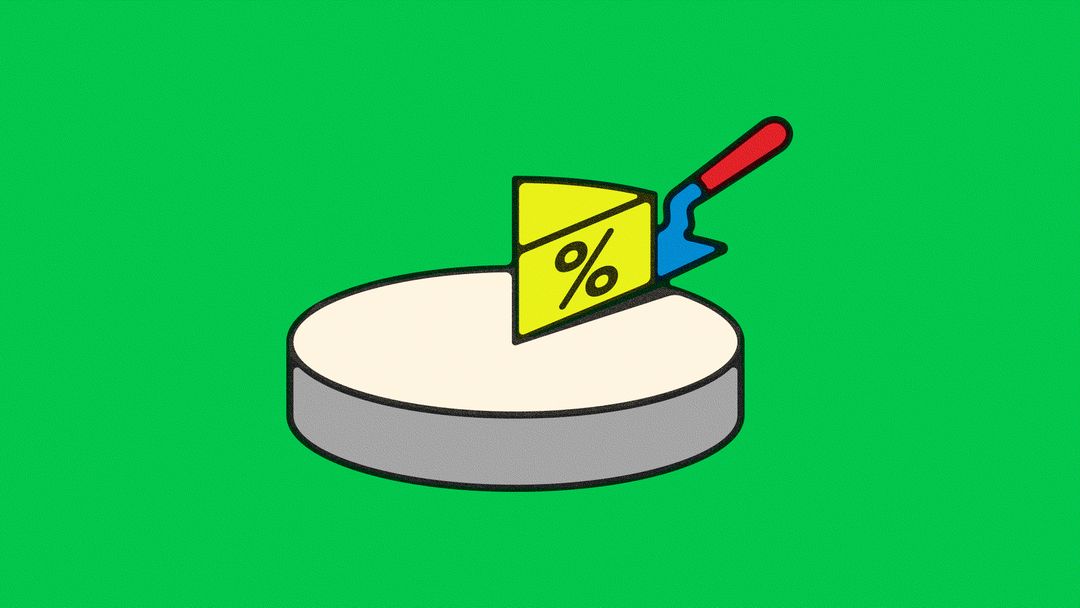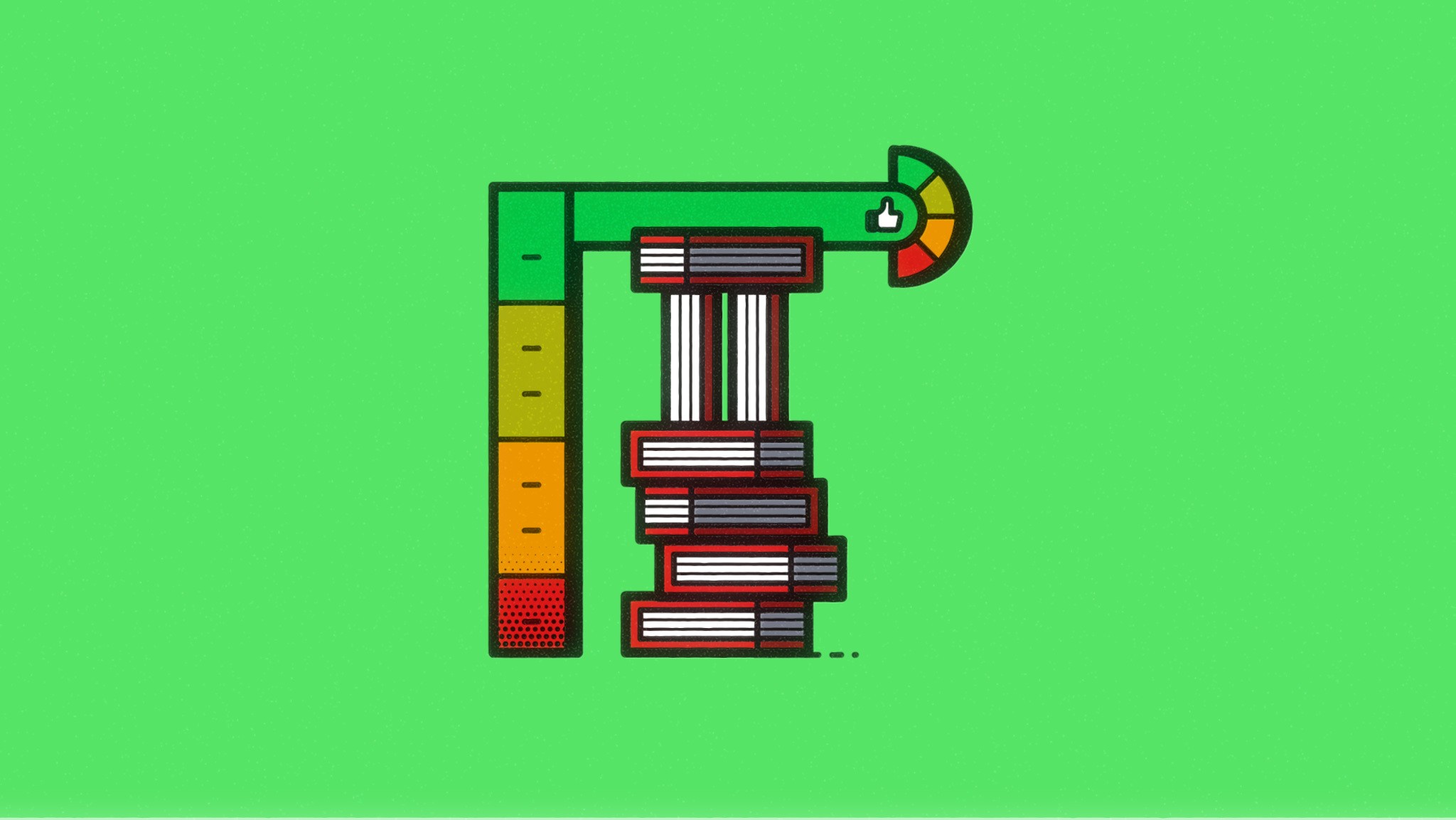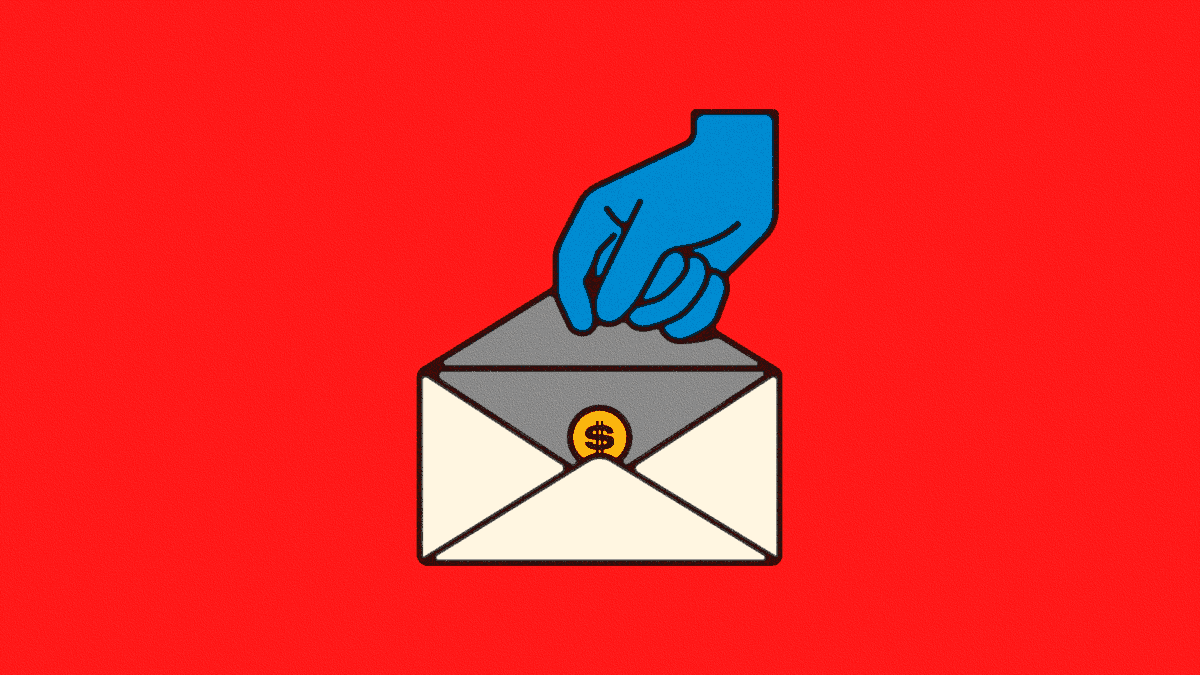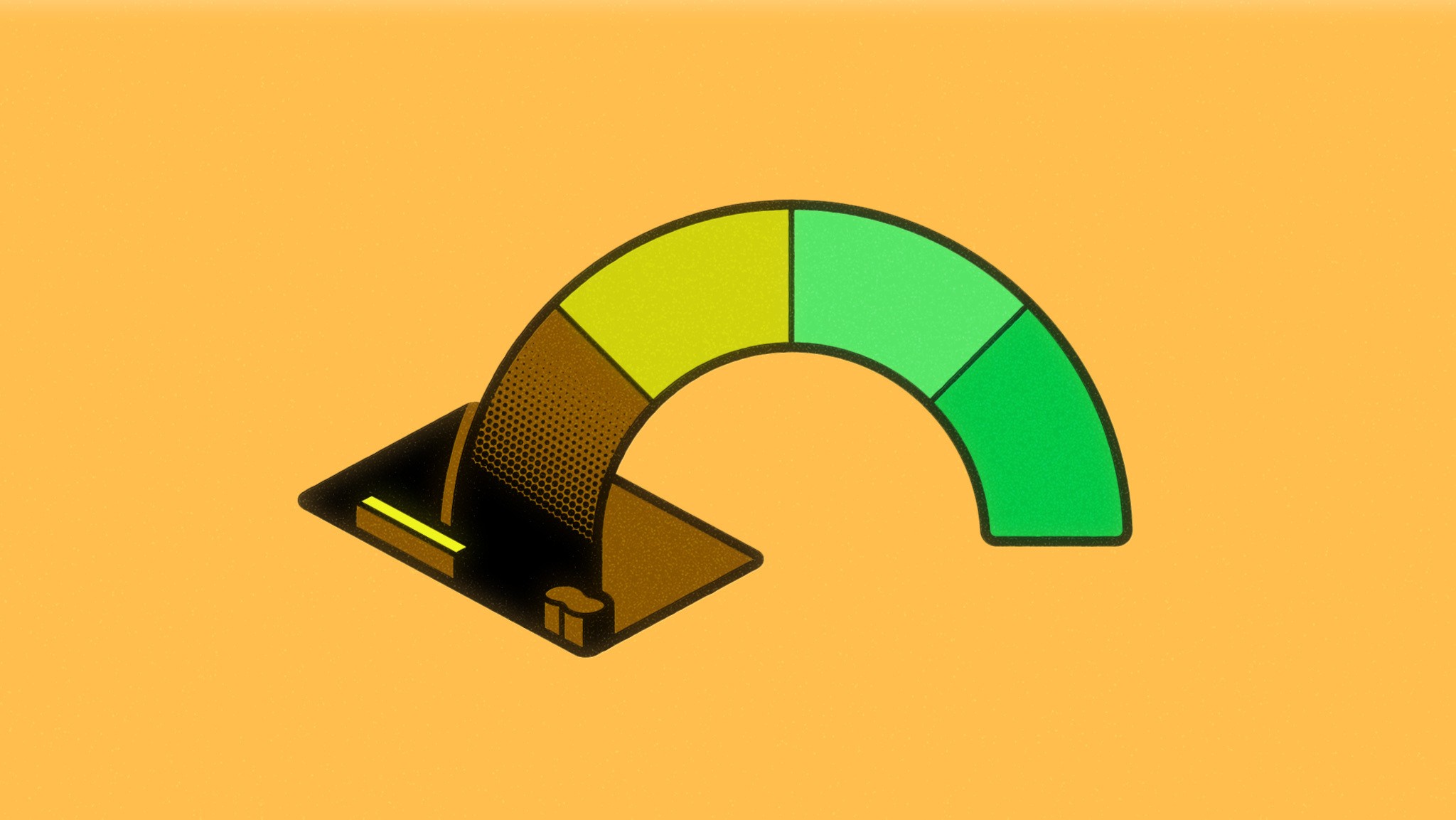If you’ve ever been curious about credit cards or even just your credit score, you’ve probably heard the term “credit utilization.” Credit utilization goes hand in hand with the concept of a credit line or a credit limit, so before we get started, let’s take a look at some definitions.
Credit line: a borrowing limit that you can use at any time.
Credit limit: The maximum amount of credit you can use.
Credit utilization: The amount of your credit line that you're using.
While these terms may differ slightly, they’re all very interconnected. Before we take a deeper dive, it’s good to remember that while credit utilization is an important factor in your credit score, it isn’t as important as paying your bill, in full, every month.
Overview
With a credit card, you borrow money every month when you make purchases. At the end of that month, the credit card company sends you a bill for all the purchases you made. You then have about three weeks to pay that back, interest free. If you don’t pay back everything you spent, you have to pay interest. That process goes on for as long as you have the card. It’s why a credit card is called a revolving line of credit. There’s no end date - it revolves for as long as you keep the account open.
When you get a new credit card, the credit card company gives you a line of credit, or a credit limit. This number is the maximum amount that you can spend on the card without paying the card company back.
Credit line example
Say your friend Sam is always willing to lend you $100, but never more than $100. If you borrowed $100 from Sam, you would need to pay him back before borrowing any more money. If you paid him back $25 of that $100 you borrowed, he would then let you borrow an additional $25. If you paid him back the full $100, you could borrow another $100 the next day.
That is how having a credit card works. The card company is always willing to lend you as much as your credit limit, but never more. And the way to get them to keep giving you money to spend is by paying them back. If you take too long, or if you don’t repay them at all, the company will make you pay even more - in the form of fees and interest.
Some people think that you can only spend as much your credit limit every month. But the truth is, you can spend as much as you want - the credit card company just won’t lend you more than your credit limit without you paying it back. It’s important to know that you can pay off your credit card whenever you want as a way of freeing up more of your credit line. You can make payments every day if you want to (which is exactly how Fizz works).
Enter credit utilization
Now, why is all this relevant? Well you build your credit score when your credit card company reports your spending data to the credit bureaus. But they don’t report all of your data all the time. They report information when your statement becomes due every month. That’s right, not every day, but just once a month.
So, let’s tie these two concepts together. Let’s say your credit card statement closes on the 15th day of every month, and this past month you spent $490 out of your $500 credit limit. Even if you’re able to pay that amount in full by the due date, your credit card company is still going to report a 98% credit utilization rate ($490 in outstanding transactions divided by your $500 credit limit) to the credit bureaus.
Your credit utilization rate is completely dictated by how much money you have on your bill when it closes and how much your total credit line is. That’s why a lot of times you might hear advice that you should only use your credit card for a couple purchases every month. But then you miss out on the other benefits of using your card every day, such as security and rewards. So how do you get around this?
How to manage your credit utilization
The good news is that if you’re responsible with money there are ways around having a high utilization. After all, you shouldn’t be punished for spending money that you can afford to spend, right? Here’s what you can do to keep your credit utilization rate close to 0% every single month, even if you’re making big purchases.
Let’s say I have a $500 credit limit, but I’m moving this month and am going to spend around $1,000 in the next couple of weeks. I can’t ever spend more than $500 at once - but if I spend $500 one day, I’m free to spend more money as soon as I pay off what I've already spent. Yes - you can pay off your credit card whenever you want, as often as you want. Since I’m allowed to pay off my card as often as I want, I can spend $500 one day, pay it off the next day, and spend another $500 the day after that. So, if you’re worried about having a high credit utilization rate, just pay off your bill in full a couple days before your statement closes. That way your statement will close with a low balance and your credit card company will report a low credit utilization rate to the credit bureaus - since they only report this data once a month.
This is a great way to keep your credit card bill low and your credit utilization rate low. Plus, it allows you to keep using your credit card, which keeps you safe and keeps you earning rewards. Fizz is a debit card that helps you build credit, but it operates using a similar model. By connecting to your existing checking account, we make it so that your transactions are paid off every day. That way you can’t build up a big bill over the course of a month. It also keeps you from spending more than you have.
Why is this a thing?
This is probably the best question of all. If credit utilization is so easily manipulated, why is it important when it comes to your credit score? I know it sounds frustrating, but there's a simple reason why credit utilization is a relevant metric for credit bureaus and potential lenders.
If you’re someone that carries a balance on your cards (which means you don’t pay them back in full every month - avoid carrying a balance at all costs), you’re going to have to pay interest on the balance that you don’t pay back. In other words, you’ll have to pay more than what you borrowed in exchange for not paying it back right away.
Someone who truly isn’t capable of paying back their balance in full every month will gradually see their total balance grow overtime as it builds up interest. Therefore, somebody with a consistently high credit utilization rate might be someone that’s consistently carrying a balance on their cards. You should avoid this at all costs because of how high interest rates are with traditional credit cards.
It’s worth noting that with Fizz, there are no interest rates or fees. You don’t even have the option of building up a big bill over the course of a month, so it’s more than likely that your utilization will be low on a month-to-month basis.
Credit score impact
Something that makes credit utilization interesting is that it obviously fluctuates on a month-to-month basis. Your total credit line can change, the amount you’ve spent can change, even the number of credit cards and therefore the total amount of credit you have available can change. As a result, your credit utilization will probably change a good amount every month. Fluctuations in your score as a result are totally normal!
Don’t worry - as long as you’re keeping your utilization below 50%, you probably won’t see too many changes to your score. However, if your utilization is consistently closer to 0%, you might see a little additional bump to your score. But again, if you’re worried, just make payments right before your statement closes.*
*Remember, your statement closes when the credit card company sends you your bill. Your payment due date is when you need to make your statement payment by to avoid having to pay interest. This date is typically about three weeks after your statement closes.
Recap
Credit utilization has a pretty simple definition. How much money do you have on your credit card bill when it closes? Finding the exact number is easy - you just divide how much you have on your bill by your total credit line.
I know credit utilization seems like a game. But if you’re not carrying a balance on your cards, you don’t have much to worry about. It’s easy to make sure that your utilization rate stays low by using the simple trick of paying your balance right before your statement closes or making regular payments throughout the month.
If this sounds like more than you want to deal with, why not get a Fizz card? Fizz helps you build your credit and earn rewards. It’s a debit card that connects to your existing bank account and pays off your transactions every single day - and we won’t let you spend more than you have. So what are you waiting for? Join the Fizz family today!

Sam Lipscomb
Author bio
Sam is a Kenyon College alum and is head of content at Fizz. He's been a go to personal finance resource among his peers since getting his first credit card during his sophomore year of college. He hails from Washington, DC, loves all things aviation, and currently lives in Los Angeles.





